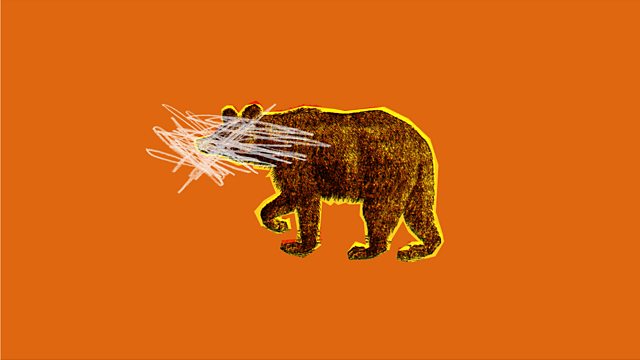Dialogue
When AI moderation can silence a person for saying one triggering word, how can we talk about the subjects most vital to us? Aleks dives into the Algospeak arms race.
We have been in an odd dialogue with algorithms from the very inception of the internet. They have been trained to spot offensive words, with the goal of allowing civilized conversation while avoiding trolls, spam adverts and hate speech.
But, many of our online spaces now moderate content to suit the needs of advertisers. This can mean a lot of people, especially those from marginalized communities, those with alternative or dissident views, or even a-typically creative people, are silenced - and so valuable voices, and conversations could be lost.
But humans are very good with language, better than any algorithm developed until now, and we have always found ways to hack around constraints. The latest instrument in this linguistic arms race? Algospeak.
Aleks explores the rise of this new form of social media language, discovers how and why black and queer communities are disproportionately silenced by ‘Ad-safe’ algorithms, and finds out that some of the most effective techniques that could allow us to circumvent AI censorship are rooted in the language of people that had to communicate, and mask themselves, with code, long before the digital world existed.
Last on
TikTok Statement
"TikTok is an inclusive space for positive and creative expression. We unequivocally do not moderate content based on any individual's protected attributes, such as race, ethnicity, national origin, religion, sexual orientation, gender, or immigration status.
“We condemn racism in all its forms and work hard to create a welcoming community environment by removing videos and accounts that spread hateful ideas on our platform. We regularly consult with academics and experts from across the globe to keep abreast of evolving trends and to evaluate and improve our policies and enforcement." - a TikTok spokesperson
��
Adam Lowe
Adam Lowe (he/his, mostly) is a writer, performer and publisher from Leeds, UK, though he currently lives in Manchester. He is the UK’s LGBT+ History Month Poet Laureate and was Yorkshire’s Poet for 2012 . He writes poetry, plays and fiction, and he occasionally performs in drag as Beyonce Holes. He is of Kittitian, British and Irish descent. He graduated with both a BA and MA from the University of Leeds, and is currently researching for a PhD in creative writing at the University of Manchester.
Adam Lowe writes about disability, LGBT+ experiences, and the lives of mixed-race Black British communities. Carol Rumens of The Guardian describes him as a ‘versatile and widely published young writer’.
He tells us about the history of Polari, a queer slang used to both help LGBTQ+ people identity one another and mask themselves in a hostile social environment, and compares it to how young people talking about queer topics have to once again turn to codes.
Gretchen McCulloch

Gretchen McCulloch is an internet linguist and author of the New York Times bestselling Because Internet: Understanding the New Rules of Language. She’s been the Resident Linguist at Wired and The Toast and is the co-creator of Lingthusiasm, a podcast that’s enthusiastic about linguistics. She lives in Montreal, but also on the internet.
She talks with Aleks about the evolution of different language online, and why we are in a linguistic arms race against algorithms, and the people on the other side of them.
Sean Szolek-VanValkenburgh

As a Social Media Influencer and Content Manager, Sean mainly focuses on teaching others the intricacies of internet safety, content creation, and brand strategy.��
Having built their social media presence as a creator “who reads the fine print, so that you don’t have to,” Sean actively breaks down terms and conditions for a collective audience of over 1.5 Million followers.��
Sean tells us about their work testing social media algorithms, and expresses his views on why marginalised communities need not only be concerned about automatic moderation systems, but a human element that seeks to silence them.
Meredith Clark
Meredith Clark is a US Lifestyle Reporter at The Independent, covering celebrity and pop culture news.
She tells us how #Mascara became a way for people to to talk about the topics of sex and relationships on social media, and how misunderstanding the trend lead to backlash for Actor Julia Fox.
Broadcast
- Mon 22 May 2023 16:30����ý Radio 4
Podcast
-
![]()
The Digital Human
Aleks Krotoski explores the digital world


